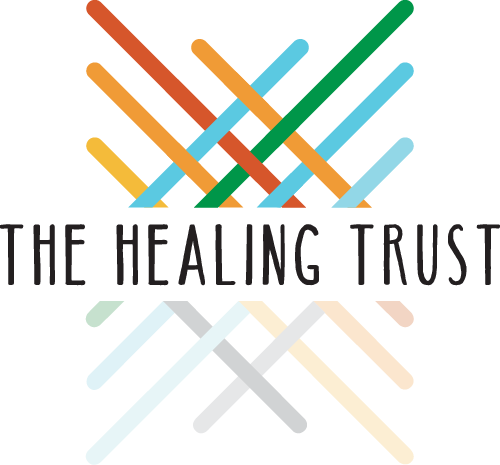| The Refuge Center for Counseling was the first nonprofit to receive a Sabbatical Grant from The Healing Trust. Sabbatical Grants provide support for a nonprofit organization during a period of Sabbatical for the nonprofit CEOs/Executive Director’s renewal. Amy Alexander, LMFT and Executive Director of The Refuge Center, shared her experience utilizing this unique opportunity.
What did you do during your Sabbatical? During the sabbatical, I utilized the resources of this grant to do personal work with a spiritual director, yoga instructor, therapist, integrative health coach, and a massage/acupuncture/nutrition clinic. I worked with these professionals throughout the 10 week Sabbatical. Each of these professionals was aware of my health (mental, physical, spiritual) goals for this time and helped me to gain perspective on areas where I could grow, expand my awareness and receive healing. I had shared with them that I wanted to focus on my sense of (over) responsibility and the impact that had on my spirit and body (and thus, leadership) and also needed to process some professional losses and explore a new narrative with those. The healing I experienced in this work was profound and transformative. What changed for you after your Sabbatical? I was able to identify that personally, I brought more to my organization than “hustle.” And that honestly, when I was working my hardest/fastest, that I often did not have access to the core aspects of my true self and my best leadership qualities, which are: courage, creativity, discernment, intentionality, and gratitude (which leads to kindness.) There are many great books and articles that talk about what traits make a great Executive Director and include helpful markers for evaluating those traits. However, during this time I was able to explore those parts of myself that are the “intangibles” that do lead to results, but are deeply congruent with my values and true self. Authenticity, conviction, joy, and bravery, and connection being a few of the most important. I also realized that my personality type (Reformer, per Enneagram) often wants to be “helpful” and “useful” in service. However, in overdoing these things for our staff I was, at times, crippling their efforts by not giving them the autonomy they needed to wrestle through a challenge or find a creative solution. I also let go of trying to fit too much work into each day, overscheduling myself, saying “yes” to every person who needed/asked something of me, checking/responding to emails all through the day and evening, and feeling (overly) responsible for the organization and staff members. How was the staff impacted by your Sabbatical? Both senior staff and board members stepped up, learned new skills, took on new tasks, and made decisions. They reported feeling empowered and had developed an increased trust in each other. Upon returning, I could sense that team members had a great deal of pride in their accomplishments and were excited to share their ideas about the future during our re-entry meetings. What would you share with other Executive Directors/CEOs about this experience? I would strongly and highly recommend that area Executive Directors utilize this opportunity. Leading well means we embrace and model the self-care and self-awareness that we know to be fundamental to good leadership. This opportunity is an opportunity to practice what we preach. Leading well also means to be appropriately differentiated from the organization—the organization is not your identity. I also recommend reading Beth Sirull’s article about how sabbatical benefits nonprofits leaders. Learn more about our Sabbatical Grants program here. |

